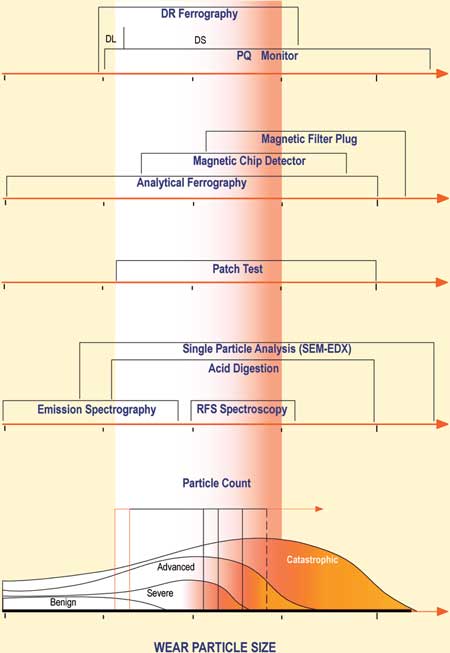Originally Posted By: BeerCan
My 350 is my first vehicle I am not changing the oil early. Slowly I am trusting that it does not cause any issues. I am becoming a longer drain fan and all my vehicles get ~10k intervals.
As for the higher iron in initial samples. Are those particle sizes big enough to cause wear? I am thinking just because it can be counted by uoa does not mean they are big enough to matter. I don't know the answer.
Even the finest particles if left in circulation long enough can cause wear, especially to softer metals. I remember and old time engine builder tell me this. Think of the finest sandpaper something like 4000 grit, rub it on a painted surface long enough and it will wear the paint off, and metal as well. They also use 4000 grit stones to sharpen knives. I didn't need him to tell me to change my oil early, I learned it in shop class in the 70's. Then there are guys I met here like Trav, that are a wealth of knowledge, and they dump the FF early too. Peace of mind, waste of money, smart move. I guess it depends on who you talk to, I'll stick with dumping it early.


